Im Gespräch mit Ian Harding: Schauspieler, Autor, Aktivist
Die deutsche Organisation Chronisch Cool kontaktierte mich in meiner Rolle als Journalistin für das ABILITY Magazine und als Aktivistin der Ehlers-Danlos-Community und stellte mir Ian Harding, besser bekannt als Ezra Fitz in Pretty Little Liars, vor. Ian ist ein bekannter Schauspieler, mehrfacher Gewinner des Teen Choice Awards, Autor und leidenschaftlicher Unterstützer von der Lupus-Community.
Ich habe Ian interviewt (oder hat Ian mich interviewt?) und wir haben über seine Vergangenheit in Deutschland, seine Schauspielkarriere, seine Advocacy für Menschen mit Lupus, Ableism, sein neuestes Filmprojekt und seine bestgehüteten Geheimnisse gesprochen.
“I didn’t know how to process becoming popular other than by being a little bit more withdrawn in public because it’s a very weird thing if people recognize you, but at the same time, you feel bad for feeling bad about it because you’re so lucky. I think that’s one of the reasons that I – especially at the beginning of my career – threw myself into trying to do something for the Lupus Foundation because the world I was living in felt so ridiculous to me. I would get paid for showing up for a day of work while I would think of my mom, somebody who has a chronic illness but was also a captain in the US Navy. And she didn’t make nearly as much as I did. And I felt like I have to do some good. That’s how I dealt with it. It was just absurd. I cared about different things than the people around me, whose dress wasn’t ready for the premiere, or their BMW was scratched. I thought this was just gross. I needed to do something worthwhile.”
Ian in Teil 1 – In conversation with Ian Harding about Germany, his acting career, and his lupus advocacy.
“I had situations happen a couple of times in different contexts where I felt I had to say something, especially because I have been very lucky and privileged in many ways. So if I am in a conversation with a bunch of people that don’t have a chronic illness, and they will lean in at one point and say something like, “Yeah, I don’t think it’s that bad,” I feel like it is my duty, whether I’m talking about people living with chronic illnesses or about misogyny or something similar, to be the person that stands with that community, and not to be the person that exacerbates the problem. And often, I find that if I am the one to correct someone’s language, it gets through.”
Ian in Teil 2 – In conversation with Ian Harding about ableism, disability language, future film projects and most kept secrets.
Podcast:
https://pod.co/ability-magazine/in-conversation-with-ian-harding

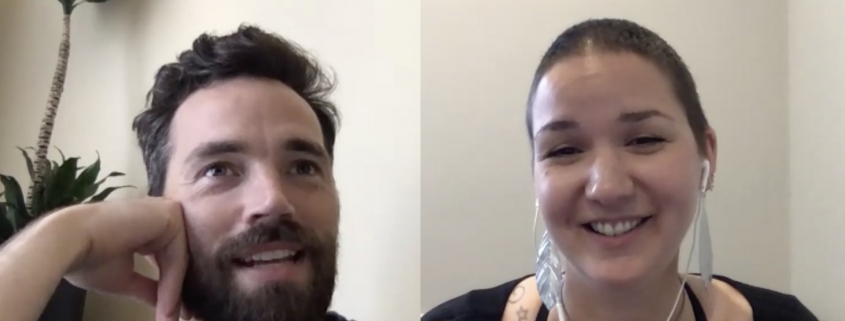
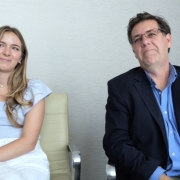

 Karina Sturm
Karina Sturm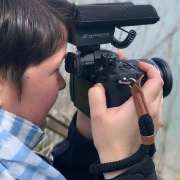 Karina Sturm
Karina Sturm 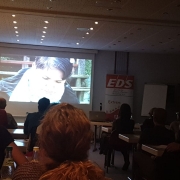 Jürgen Grunert
Jürgen Grunert

 Manuela Schneider
Manuela Schneider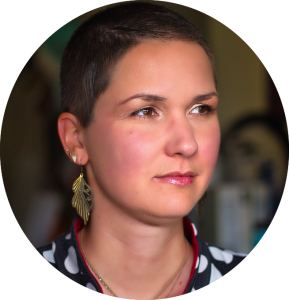


Hinterlasse einen Kommentar
An der Diskussion beteiligen?Hinterlasse uns deinen Kommentar!